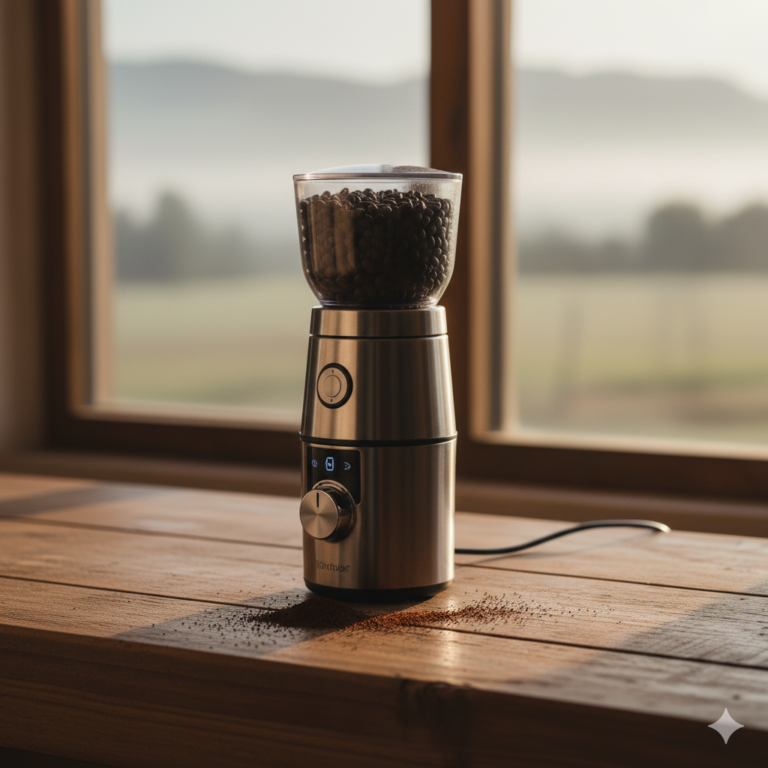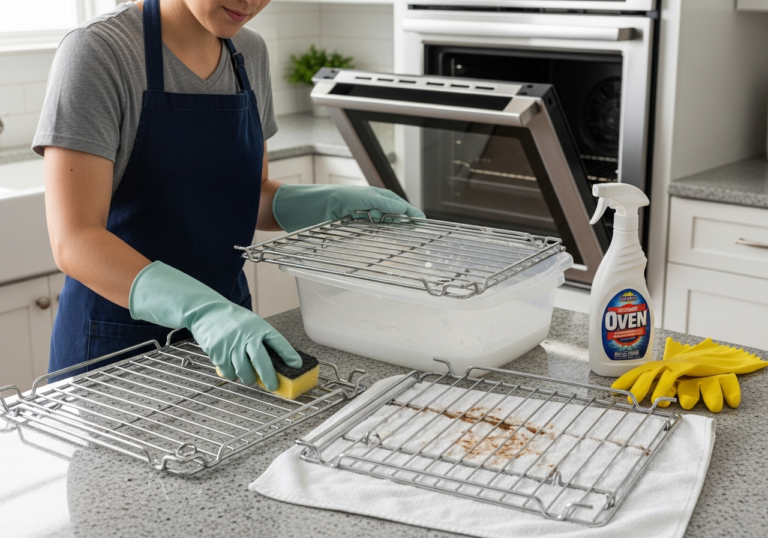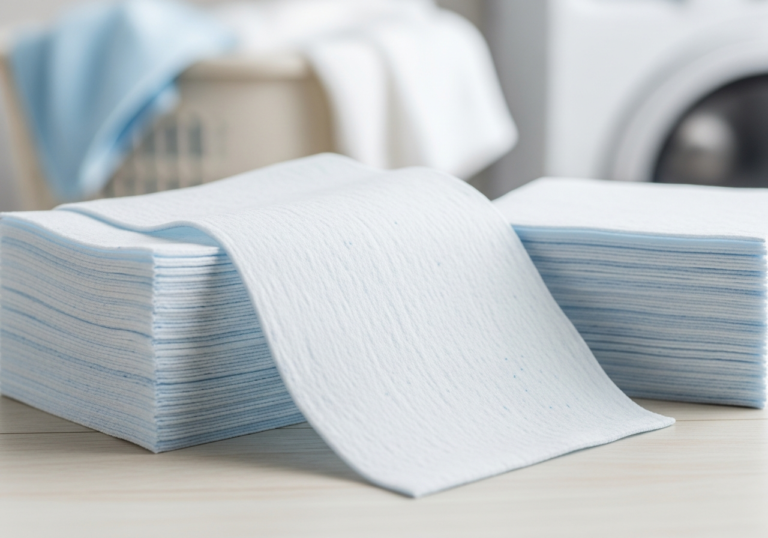Creating a housekeeping schedule that fits perfectly into your lifestyle can transform your home into a consistently clean and pleasant space without feeling overwhelmed by chores. Whether you’re juggling a busy schedule or just prefer to keep things orderly with minimum fuss, a well-thought-out housekeeping plan is key. Here’s how to develop a housekeeping schedule that works specifically for you.
1. Assess Your Needs and Preferences
To extend on assessing your needs and preferences for a housekeeping schedule, it’s essential to consider not just what areas of your home require cleaning, but also how these areas are used throughout the week. This will help you prioritize tasks more effectively. For instance, high-traffic areas like the kitchen or family room might need a quick sweep daily, whereas bedrooms might only need a thorough dusting once a week.
Think about your household’s specific needs as well. If you have pets, regular vacuuming might become a daily necessity to manage fur and dander. Alternatively, if you’re dealing with allergies, you might prioritize reducing dust and pollen with more frequent window cleaning and surface wiping.
In the process, take stock of all the cleaning tasks you find yourself tackling, both the obvious and the overlooked. This includes everything from the regular wiping down of countertops to the occasional deep clean of your storage areas. This comprehensive approach ensures that nothing gets missed and that your housekeeping efforts are as effective as possible, maintaining a clean and inviting home environment.
2. Break It Down Into Manageable Tasks
To further develop your housekeeping schedule by breaking it down into manageable tasks, think about the flow of your week and the rhythm of your household activities. Start by identifying which tasks need attention daily to maintain a basic level of cleanliness and order. For example, managing the clutter that accumulates throughout the day and handling dishes are fundamental to keeping your space functional.
Then, consider what housekeeping tasks can be tackled on a weekly basis. These might include more thorough cleaning activities such as vacuuming all carpets, dusting surfaces, and mopping floors, ensuring that each part of your home gets regular attention. This keeps your living areas pleasant and hygienic without daily fuss.
For monthly housekeeping duties, look at tasks that contribute to the upkeep and efficiency of your home but don’t need constant attention. Cleaning windows, for instance, not only helps with the aesthetics of your home but also maximizes natural light. Checking and maintaining smoke detectors and deep-cleaning major appliances like your oven and refrigerator are also crucial for safety and functionality.
Finally, consider those housekeeping tasks that fit a seasonal schedule. These might include jobs like clearing out gutters to prevent water damage, deep cleaning the garage, or organizing closets as the seasons change. These tasks are typically more labor-intensive and require more time, so scheduling them during specific times of the year helps distribute your workload evenly and keeps everything manageable.
By categorizing your cleaning tasks into daily, weekly, monthly, and seasonal activities, you create a balanced housekeeping routine that keeps your home in top shape while remaining adaptable to your lifestyle and energy levels.

3. Allocate Time Slots
When allocating time slots for your housekeeping tasks, it’s essential to align them with your personal schedule and energy peaks throughout the day. This consideration ensures that your cleaning routine integrates seamlessly into your life rather than disrupts it. For those who work from home or have flexible hours, you might find that breaking up tasks into smaller segments throughout the day keeps your home tidy without becoming too burdensome. For example, you could set aside time after breakfast to do quick surface cleans and save vacuuming or laundry for your energy peak in the late morning or early afternoon.
On the other hand, if you have a more structured day job, you might prefer to designate evenings for light cleaning tasks to refresh your space for the next day. Meanwhile, more intensive cleaning could be reserved for a particular day over the weekend when you can dedicate a few hours to thorough housekeeping without the pressure of work commitments.
Moreover, consider how your energy fluctuates during the week. Some people might feel more motivated and energetic at the beginning of the week, making it an ideal time to tackle the more demanding housekeeping chores, leaving lighter tasks for later in the week when fatigue sets in. By thoughtfully allocating time slots for different housekeeping activities around your personal energy levels and daily routine, you ensure your cleaning schedule is not only manageable but also feels naturally integrated into your daily life.
4. Use Tools and Resources
Incorporating tools and resources effectively can significantly enhance your housekeeping strategy by providing structure and reminders to help you stay organized and efficient. Beyond using basic tools like checklists and calendars, you can explore a variety of apps designed specifically for housekeeping tasks. These apps often feature customizable reminders, task lists, and even tips for cleaning techniques, which can be particularly helpful for more complex tasks such as seasonal deep cleaning or maintenance checks.
Additionally, integrating smart home technology can further streamline your housekeeping routine. For example, smart thermostats can remind you when it’s time to change filters, and smart refrigerators can keep track of groceries and suggest when it’s time to clean out old items. There are also smart vacuum robots that can be scheduled to clean your floors daily without manual intervention, saving you time and effort.
Using these tools not only helps in keeping track of routine tasks but also ensures that nothing is overlooked. For instance, setting a monthly reminder to descale your coffee maker or check the smoke detectors can prevent larger issues down the line. With the right digital tools at your disposal, you can ensure that every aspect of your housekeeping schedule is managed with precision, making your cleaning routine as effective and effortless as possible.

5. Involve Others
Involving others in the housekeeping process is a practical strategy that not only distributes the workload but also fosters a sense of responsibility and teamwork within the household. When each member of the family or every roommate knows their specific duties, it creates a collaborative environment where everyone contributes to the upkeep of shared spaces. This approach can be particularly effective in teaching younger family members about the importance of cleanliness and personal responsibility.
To streamline this process, consider regular family meetings or discussions with roommates to assign tasks and discuss any adjustments needed based on everyone’s schedules and abilities. It’s also helpful to clearly define expectations for each task, perhaps by demonstrating how to do things correctly or setting a standard for what counts as ‘completed’ work. This ensures that everyone is on the same page and maintains a consistent standard of cleanliness.
Additionally, you can make housekeeping more engaging by turning it into a game or challenge, offering rewards or incentives for completed tasks, or celebrating when the home passes a collective cleanliness check.
6. Stay Flexible and Adjust as Needed
Staying flexible and willing to adjust your housekeeping schedule as needed is crucial for maintaining a realistic and effective cleaning routine. Life can be unpredictable, and your housekeeping plan should be adaptable enough to accommodate changes, whether they’re due to a shift in work schedules, changes in family dynamics, or simply the evolving needs of your household. For instance, during busier periods like the holiday season or when hosting guests, you might need to increase the frequency of certain tasks, while at other times, a more relaxed approach might be appropriate.
Regularly revisiting and tweaking your housekeeping schedule ensures that it remains relevant and manageable. This might mean reassessing the distribution of tasks every few months or adapting your approach based on feedback from family members or roommates. For example, if you find that certain tasks are consistently being postponed or overlooked, it may be time to consider whether they are necessary or if they should be rescheduled to a more convenient time.
7. Reward Yourself
Recognizing the effort you invest in housekeeping is essential for maintaining motivation and making the task feel more rewarding. Establishing a system of rewards for achieving your cleaning goals can transform housekeeping from a mundane chore into a more enjoyable and fulfilling part of your routine. For example, after a week of sticking to your cleaning schedule, you might reward yourself with a relaxing evening, indulging in a favorite hobby, or treating yourself to a takeout meal from a cherished restaurant. Monthly rewards could be even more substantial, such as a day trip, purchasing something you’ve been wanting, or a well-deserved spa day.
This practice of rewarding yourself helps to create positive associations with the completion of housekeeping tasks, making it less likely that you’ll feel burnt out or overwhelmed by the responsibilities of maintaining a clean home. Additionally, it allows you to enjoy the fruits of your labor in a clean, organized space, enhancing your overall quality of life. By integrating these rewards into your housekeeping schedule, you not only incentivize the work but also reinforce the value of taking care of your living environment.

Housekeeping With Toronto Shine Cleaning
A well-crafted housekeeping schedule does more than keep your space tidy—it enhances your daily life by bringing order and peace to your surroundings. By setting achievable goals and dividing tasks into manageable chunks, you can effortlessly maintain a clean and welcoming home. The key is to tailor your schedule to fit your personal lifestyle and preferences, allowing you to relish your home environment rather than feeling overwhelmed by it.
However, even the best-laid plans can sometimes fall short due to unexpected demands on your time or simply the need for a deeper level of cleaning expertise. This is where professional services like Toronto Shine Cleaning can make a significant difference. Our team of skilled cleaners provides a wide range of services designed to complement your personal housekeeping efforts, offering deep cleans, regular maintenance, and specialized cleaning that goes beyond everyday chores.
If you’re ready to take the next step in transforming your living space, explore the exceptional cleaning solutions offered by Toronto Shine Cleaning. Whether you’re in need of a one-time deep clean or regular assistance to keep your home spotless, our professionals are here to help.



















